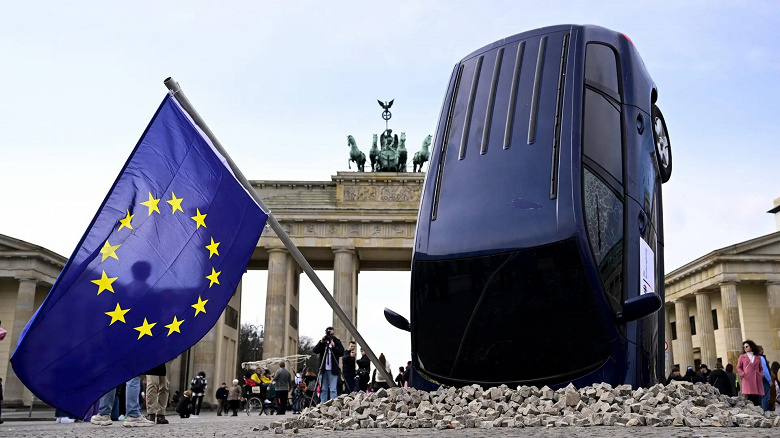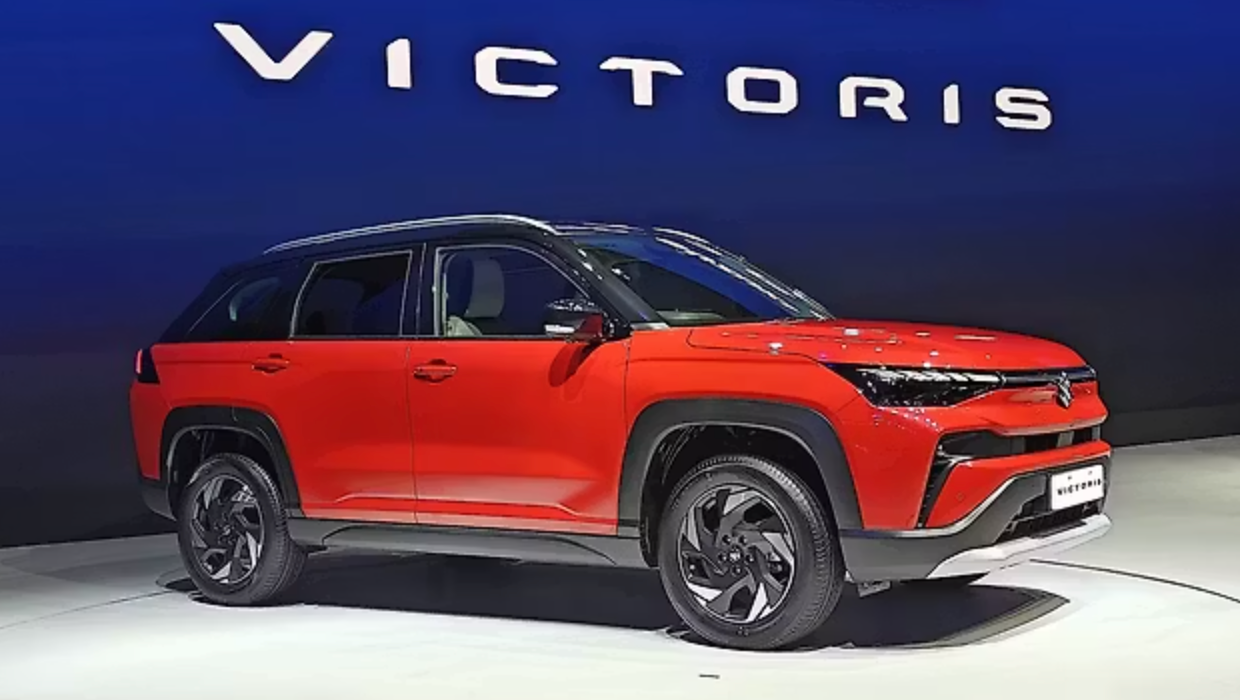Although there are some minor exceptions

According to the ruling, new cars must achieve a 55% reduction in carbon emissions from 2030 to 2034 compared to 2021, and commercial vehicles must achieve a 50% reduction in carbon emissions. In addition, from 2035, all cars and vans sold in the European Union must emit no CO2 at all, that is, in other words, they must get rid of internal combustion engines. Basically, the market is now moving towards electric vehicles, although hydrogen cars are also eligible for this law.
The European Union finally approved a ban on the sale of new cars
There are exceptions. Firstly, for small manufacturers, that is, producing cars in small quantities. First of all, this will affect manufacturers of various supercars and sports cars, which are produced in very limited quantities.
Secondly, there is a rather curious item, the addition of which was initiated by Germany. It concerns synthetic fuels, which are produced by capturing carbon dioxide that is already present in the air. That is, cars with internal combustion engines will be able to be produced after 2035 if they use such synthetic fuel. But biofuels, the addition of which Italy was trying to achieve, were not included in the decree.
It is worth noting that only Poland voted against the resolution, while Italy, Romania and Bulgaria abstained.




